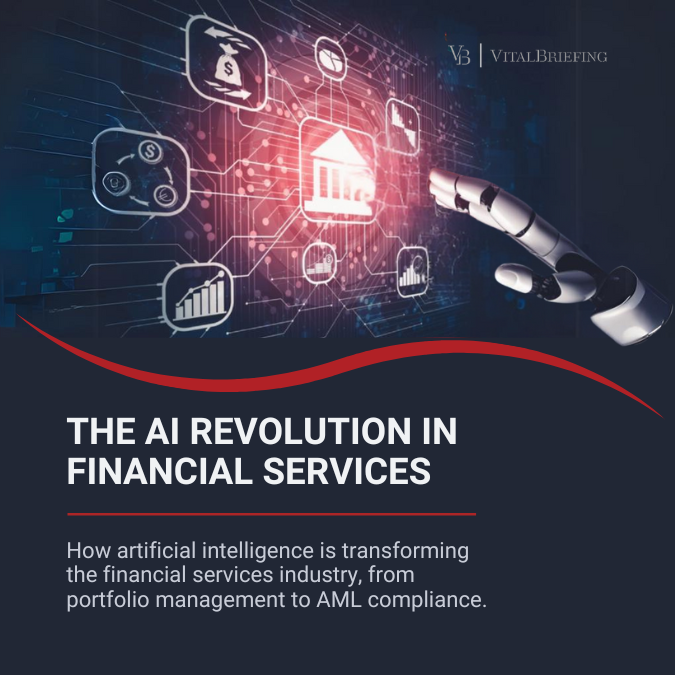‘Financial Inclusion’ might be the most noble sector of financial technology, solving problems the traditional finance industry won’t — servicing underbanked demographics in areas with poor financial infrastructure.
Tackling these challenges, the <EFSE Fund and the <SANAD Fund for MSME, advised by <Finance in Motion, have partnered with <Village Capital and the LHoFT to develop the <Fincluders Bootcamp 2017, unique investment readiness program designed for entrepreneurs offering inclusive financial products.
In the run up to the event, we caught up with the founders behind the startups. This time, we spoke to Francis A. Obirikorang, CEO and Co-Founder of <AgroCenta:

Francis A. Obirikorang, CEO and Co-Founder of AgroCenta (RIGHT)
“From the concept of Barefoot Banking to digital innovations, financial inclusion bridges the inequality financial gap that exists between the rural and the urban settings.”— <Francis A. Obirikorang
Could you introduce yourself, and tell us a bit about your background?
My name is Francis Obirikorang, CEO & Co-founder of AgroCenta which is a technology platform creating value for smallholder farmers through fair trade. I am a graduate of Kwame Nkrumah University of Science and Technology (KNUST) and studied Materials Engineering as a major. With my love for technology and innovation, Iworked for local and international software companies and with over 8 year experience in product development, innovation and marketing.
What does ’financial inclusion’ mean to you?
Financial inclusion, from my personal perspective, is the creation of value added services for the disadvantaged in the society. From the concept of Barefoot Banking to digital innovations, financial inclusion bridges the inequality financial gap that exists between the rural and the urban settings. My personal mission is to make it possible for the smallholder farmer who lives in the most remote parts of Ghana receive payment for his goods and services through a digital solution.

The AgroCenta solution being put to use in Ghana.
Could you describe the mission of AgroCenta?
The mission of AgroCenta is to create an access route to market for smallholder farmers, eliminating exploitative buying from the value chain, allowing smallholder farmers to sell directly to consumers at fair market price to lift the farmer from subsistence farming to a commercial business. The benefits smallholder farmers enjoy on AgroCenta include an access to market platform that facilitates fair trade, a financial inclusion platform (AgroPay) that allows the farmer who is unbanked, to be brought onto the banking ecosystem where they can receive payments from virtually every corner of the world through the power of mobile technologies which ultimately will help them transact, access credit and improve their financial livelihood.

The AgroCenta software.
What are the unique challenges and opportunities of your home market?
In our part of the world, smallholder farmers are either illiterate or semi-literate, and operate on a subsistence farming basis with little economic benefit. These challenges coupled with cultural beliefs limits the smallholder farmers understanding of rapid advancement of technology and innovations. But with these few setbacks come enormous opportunities where the agricultural landscape in Sub-Saharan Africa is estimated to be worth $1 trillion by 2030 (World bank). With the right training, mindset and cultural shifts, these setbacks can be transformed into golden opportunities.

The AgroCenta team.
What is your relationship like with the regulator there?
The Fintech space in Ghana is gradually picking up steam with active participation from the public and private sectors. Government regulations on e-money and mobile money technologies are favourable and aiding adoption and rolling out of new technologies every day targeted at the unbanked population. Out of the 6 major telecommunication companies operating in Ghana, 4 are mobile money enabled, facilitating financial transactions between businesses and consumers. Banks also have rolled out services that target financial inclusions. These positive tides are helping shape the Fintech landscape in Ghana.
How does the regulatory landscape differ in developing countries and developed countries? How can we address these differences with Fintech?
Fintech in developing countries is at its early stage, and most regulators are skeptical of going knee deep into this new terrain. Blockchain technologies have been banned in some African countries whilst access to API for financial transactions from some banks and telcos remain a mirage. Government regulations are sometimes archaic and a review that reflects the 21st century landscape is much needed to grow the Fintech ecosystem.
Any final thoughts on Fintech of entrepreneurship you wish to share?
A cashless society is gradually moving from being a mirage to a reality. People are becoming comfortable everyday making payments using POS and other electronic channels as opposed to carrying bulk sums of money. Traders in Ghana who travel long distances to purchase commodities in the past carried huge sums of money in their bags just to go trade, and in most cases ended up being robbed. Now they are using digital wallets to load their money and cash out when they get to their destination. The digital migration is on, albeit slow but eventually cashless trading will become a full force to reckon with, paving the way for an explosive growth in the Fintech ecosystem.

